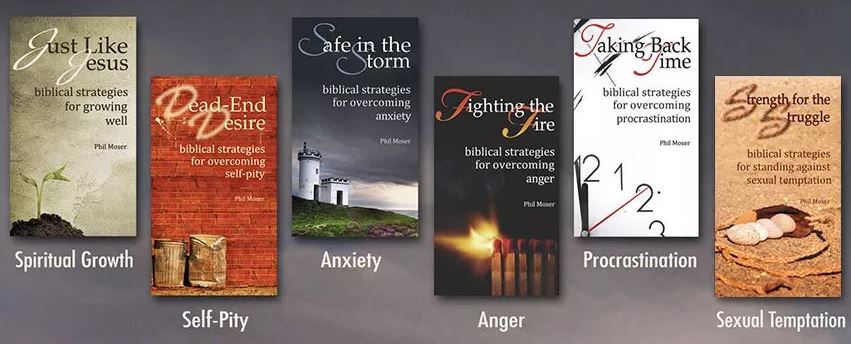What we can learn from Jesus about temptation

 The lion circled, but Jesus didn’t notice. He was on his knees, lost in prayer, only his lips moving. The sun beat down without mercy, the wind whipped the desert sand – there was no protection from the elements. This was his 40th day without food, and the fast had stripped his body of strength. He did not look like himself. His skin stretched like shrink-wrap over a thin, skeletal frame. His once strong muscles were withered to a fraction of their size. His ribs protruded from his sides. His fingers were bony. Blisters and sores had broken out on the surface of his skin – the final expression of his malnourished state.
The lion circled, but Jesus didn’t notice. He was on his knees, lost in prayer, only his lips moving. The sun beat down without mercy, the wind whipped the desert sand – there was no protection from the elements. This was his 40th day without food, and the fast had stripped his body of strength. He did not look like himself. His skin stretched like shrink-wrap over a thin, skeletal frame. His once strong muscles were withered to a fraction of their size. His ribs protruded from his sides. His fingers were bony. Blisters and sores had broken out on the surface of his skin – the final expression of his malnourished state.
But while his body was unrecognizable, his spirit had developed a strong sense of dependence on his Father. It was as if the strength he now lacked in his physical body had been transferred to his spirit.
The flesh and blood lion still circled, but that was the least of his worries. There was something else stalking him now; a lion of a different kind.
Jesus heard the words before he saw the shape. “If you are the Son of God, command this stone to become bread.” Those words elicited his strongest hunger pains yet. His stomach insisted. His body quivered for lack of strength. The memory of his mother’s baking wafted up from the desert floor. The nerve endings in his fingertips sprung to life and fired the message: The stone beneath your hand feels like a loaf of bread. Just say the word.
He paused briefly before he spoke. Remembering Eve’s failure with the deceiver, he didn’t want to engage a conversation; he wanted to parry with truth. His mind chased down the Biblical narratives he’d learned as a child. He was looking for parallels to his situation.
The wilderness. The desires of his people. The nagging hunger pains. He had the story. He could see the letters on the scroll. His mind raced to the final verse. He opened his mouth and spoke. “It is written, ‘Man shall not live by bread alone.’”
The written Word had authority. It emptied the deception of its power. In a moment the mirage of his mother’s oven was gone. His hunger subsided. And his fingertips told him the truth: The stone beneath your hand feels like . . . a stone.
The deceiver couldn’t argue. Still, he continued to circle. Perhaps he could change the subject.
Jesus knew the Word well. He could pull out an obscure Bible passage, explain its meaning, and the people would stand amazed. When tempted by Satan, he answered with Scriptures that he had carefully considered and properly applied. When others had a need, Jesus listened well and had the right passage to share.
Because he operated within the intrinsic limitations of humanity, he acquired his skill with the Word through learning. The Bible declares that he grew in wisdom and favor with God. Like all young Jewish boys, he would have memorized a significant portion of the Scripture. To gain such knowledge, Jesus studied, learned, memorized, and applied. Do we bring the same kind of diligent study to the Word that Jesus brought?
Taken from Just Like Jesus: biblical strategies for growing well
All Biblical Strategies resources are available at Amazon.com. Click here for a complete listing of our resources. Or visit our website biblicalstrategies.com

